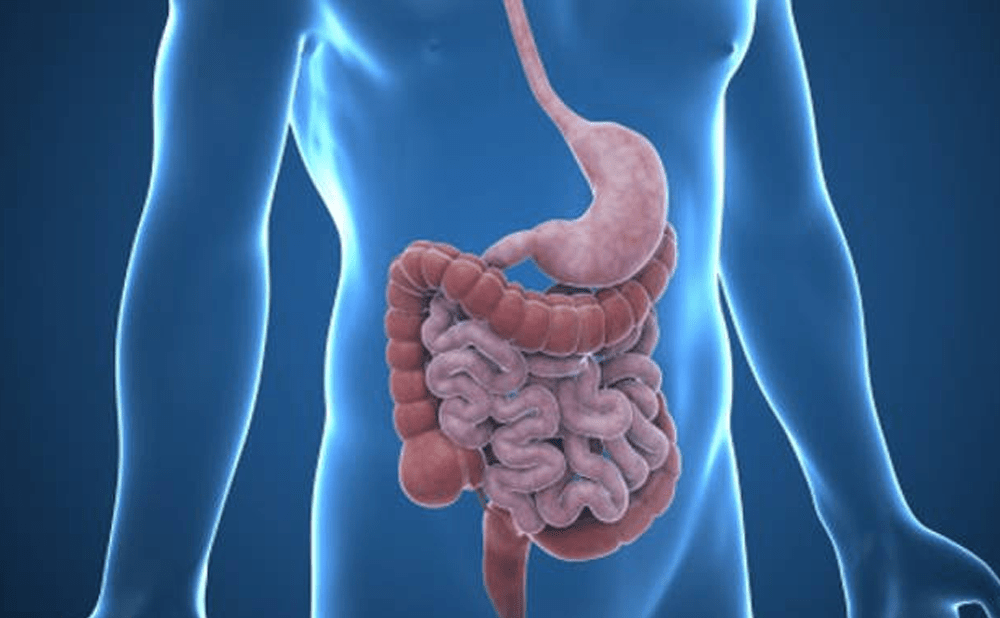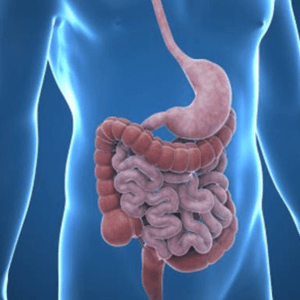Description
Antispasmodics: Their uses and how do they work?
Antispasmodics have been used for centuries to reduce anxiety or panic attacks by relaxing muscles in the chest area that may be causing feelings of tightness or shortness of breath. Antispasmodics are also used to control muscle spasms in the stomach, intestines, and other muscles. They can be used for several gastrointestinal conditions, including irritable bowel syndrome, dyspepsia (indigestion), chronic constipation, and colon spasms, or those experiencing chronic pain from nerve damage. These drugs work great for those who suffer from occasional bouts with anxiety but not so well for chronic sufferers since there is no cure for generalized anxiety disorder (GAD).
Antispasmodics work by blocking serotonin’s release, which reduces inflammation and slows down the contractions of muscles in the body. There are many different types of antispasmodic medicines available, including some over-the-counter ones such as Loperamide which can be found at most gas stations and convenience stores. Some other Examples of antispasmodic drugs include Meclizine (antihistamine), Hyoscyamine (a synthetic alkaloid found in plants), Chlorpheniramine Maleate (antihistamines) and Dicyclomine HCl (muscle relaxants). While the most common antispaspomatic medications prescribed today are benzodiazepines like Alprazolam, diazepam and carisoprodol. Antispasmodics are typically taken for short periods because long-term use can lead to dependence or addiction.
Pharmapk is dedicated to producing high-quality chemicals. We understand how important it is to maintain our quality standards; therefore, we put in much effort to ensure that each batch of drugs leaves the plant in excellent condition and ready for delivery anywhere on Earth. As a result, pharmacies turn to us as their go-to supplier when they need their products quickly. In addition, our goal is to provide reliable customer service on a global scale, which means that on each order made on our website, you have 24/7 customer support.
Side Effects of Antispasmodic Medicine
Antispasmodics can be prescribed for many reasons, including IBS, Crohn’s disease and irritable bowel syndrome. Side effects from taking antispasmodics include constipation, diarrhoea, nausea and vomiting. The side effects are usually not too severe but may cause discomfort during daily activities such as work or school if they do not go away after a few days of treatment. If you experience any severe side effects while taking this type of medication, please contact your doctor right away to help figure out why it is happening and how to make it stop!
Precautions and things you should know before taking
antispasmodic
Have you been prescribed an antispasmodic medicine? Do you know the potential risks of taking this type of medication for an extended period? Then follow these tips to get started.
- If there is no improvement after four weeks, stop the use of the drug.
- The use of antispasmodics should never exceed four months without consulting your physician because it can lead to rebound spasms or withdrawal symptoms when discontinued. -There is also a risk that the drugs will lose their effectiveness over time if taken too frequently and at high doses
- Combining antispasmodics with other medications or alcohol can be dangerous.
- Antispasmodics can affect the absorption of Iron and Calcium; therefore, it is essential to take them at least 2 hours before or after these vitamins.
- Do not use antispasmodics if you are pregnant. It can lead to congenital disabilities and harm the fetus.
- Taking antispasmodics in combination with muscle relaxers and certain pain relievers can lead to a dangerous condition called respiratory depression.
- Please do not stop taking antispasmodics in cold or hot weather because it can cause a relapse of the spasms.
- Do not drive or operate heavy machinery if you feel tired, dizzy, drowsy or confused.
Antispasmodics: Adverse effects of high doses
If you find someone who has overdosed on drugs, call emergency healthcare providers immediately. Symptoms of an overdose may include: large pupils (sometimes called “pinpoint”), hot/dry skin and fever, in addition to other symptoms such as severe dizziness or drowsiness that could lead up to unconsciousness. If not treated quickly enough, they can lead to severe complications such as passing out or trouble breathing, requiring professional intervention from the authorities.
Antispasmodics: Qualitative dosage form and strength
Dicyclomine HCl
Tablets
- 20mg tablet contains 20mg Dicyclomine HCl per tablet.
Capsule
- 10mg capsule contain 10mg Dicyclomine HCl per capsule.
Syrup
- 10mg/5ml syrup contains 10mg Dicyclomine HCl per 5ml of syrup.
Injectable solution
- 10mg/ml injectable solution contains 10mg Dicyclomine HCl per 1ml of injectable solution.
Loperamide
Oral liquid
- 1mg/5ml oral liquid contains 1mg Loperamide per 5ml of oral liquid.
- 1mg/7.5ml oral suspension contains 1mg Loperamide per 7.5ml of oral liquid.
Oral suspension
- 1mg/7.5ml oral suspension contains 1mg Loperamide per 7.5ml of oral suspension.
Tablets
- 2mg tablet contains 2mg Loperamide per tablet.
Capsule
- 2mg capsule contains 2mg Loperamide per capsule.
Chewable tablets
- 2mg chewable tablet contains 2mg Loperamide per chewable tablet.







Reviews
There are no reviews yet.